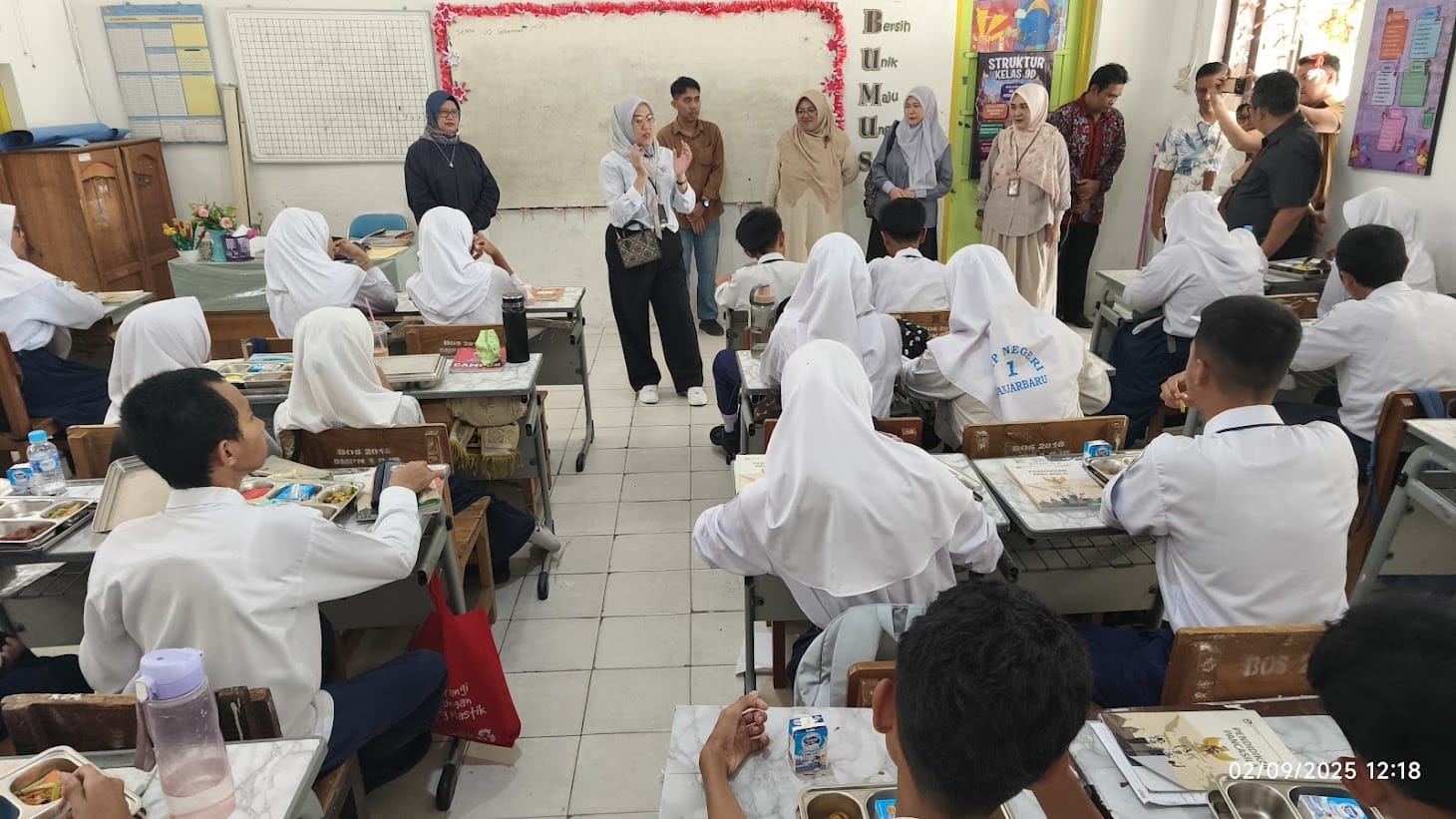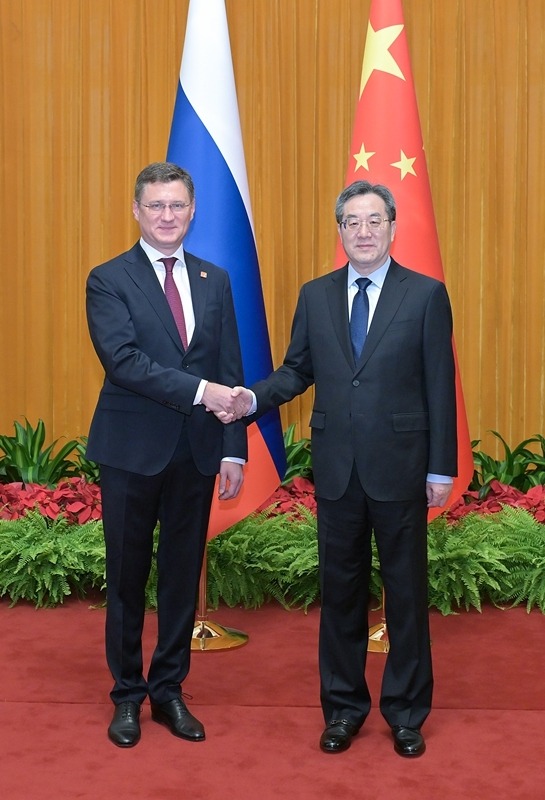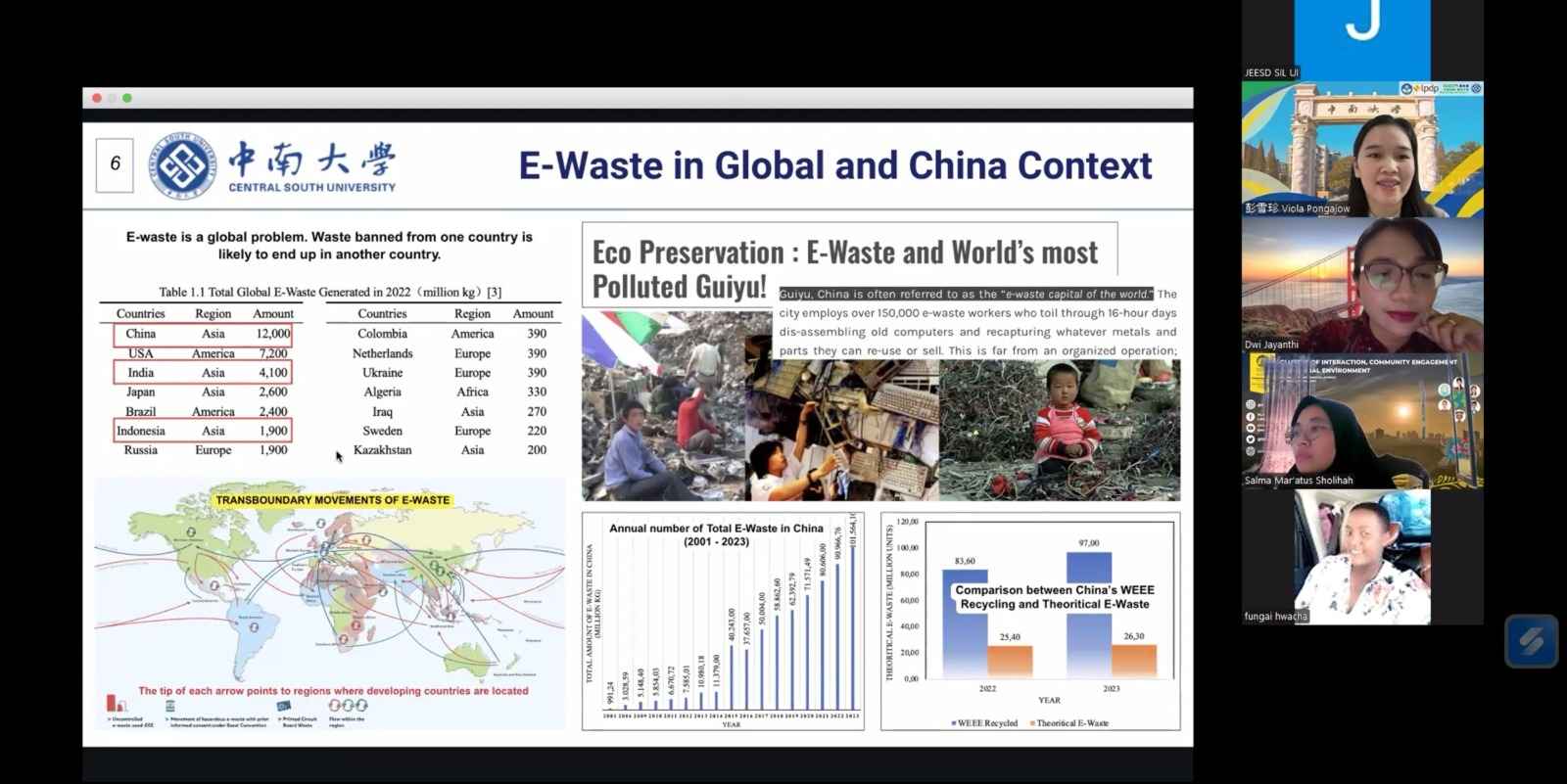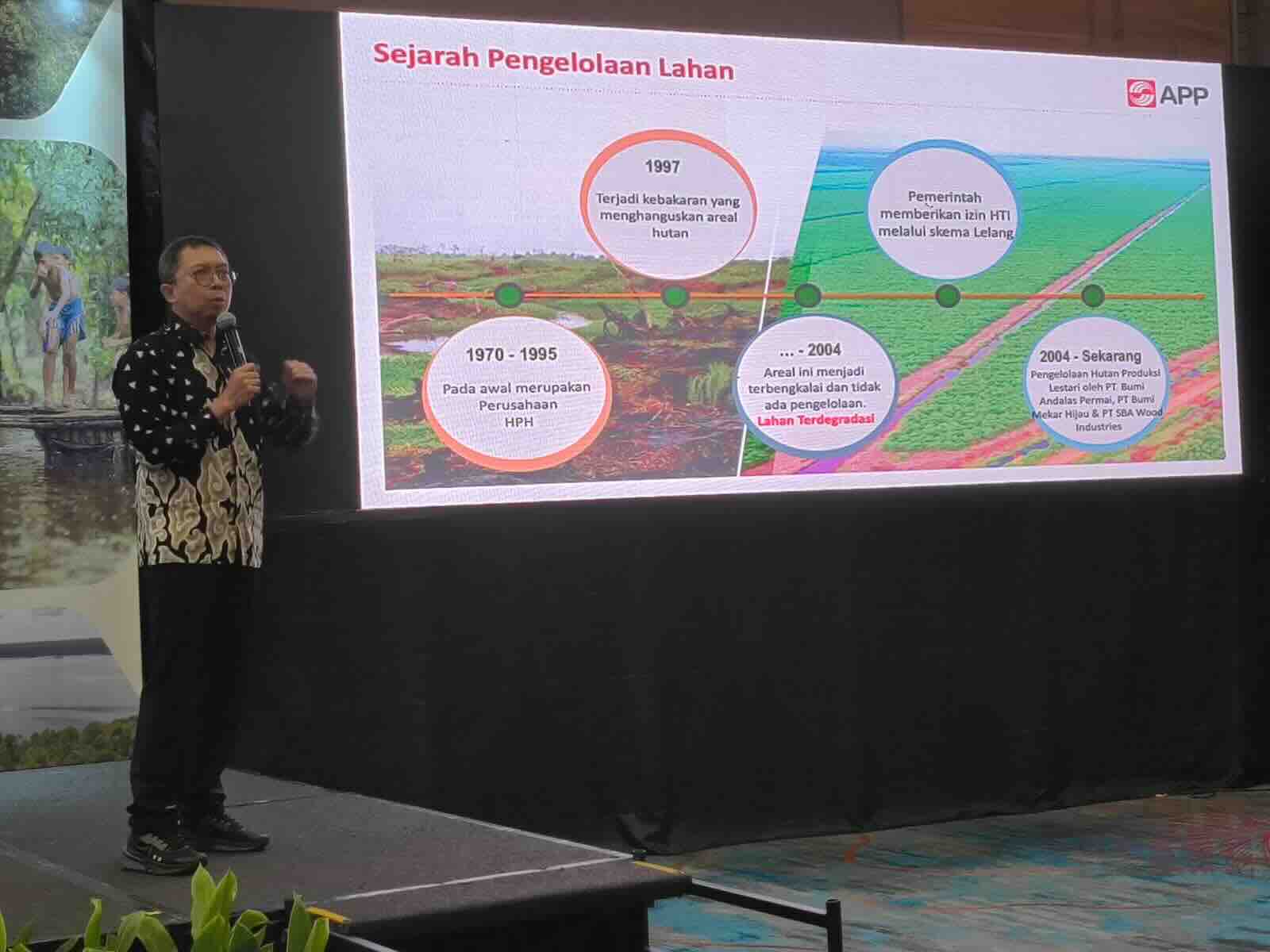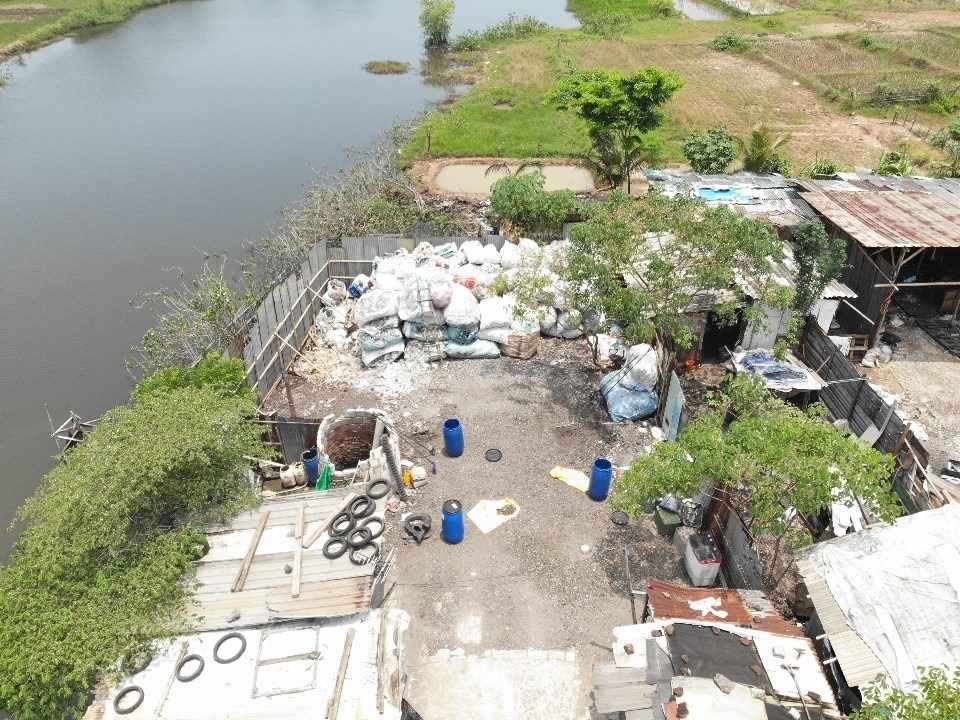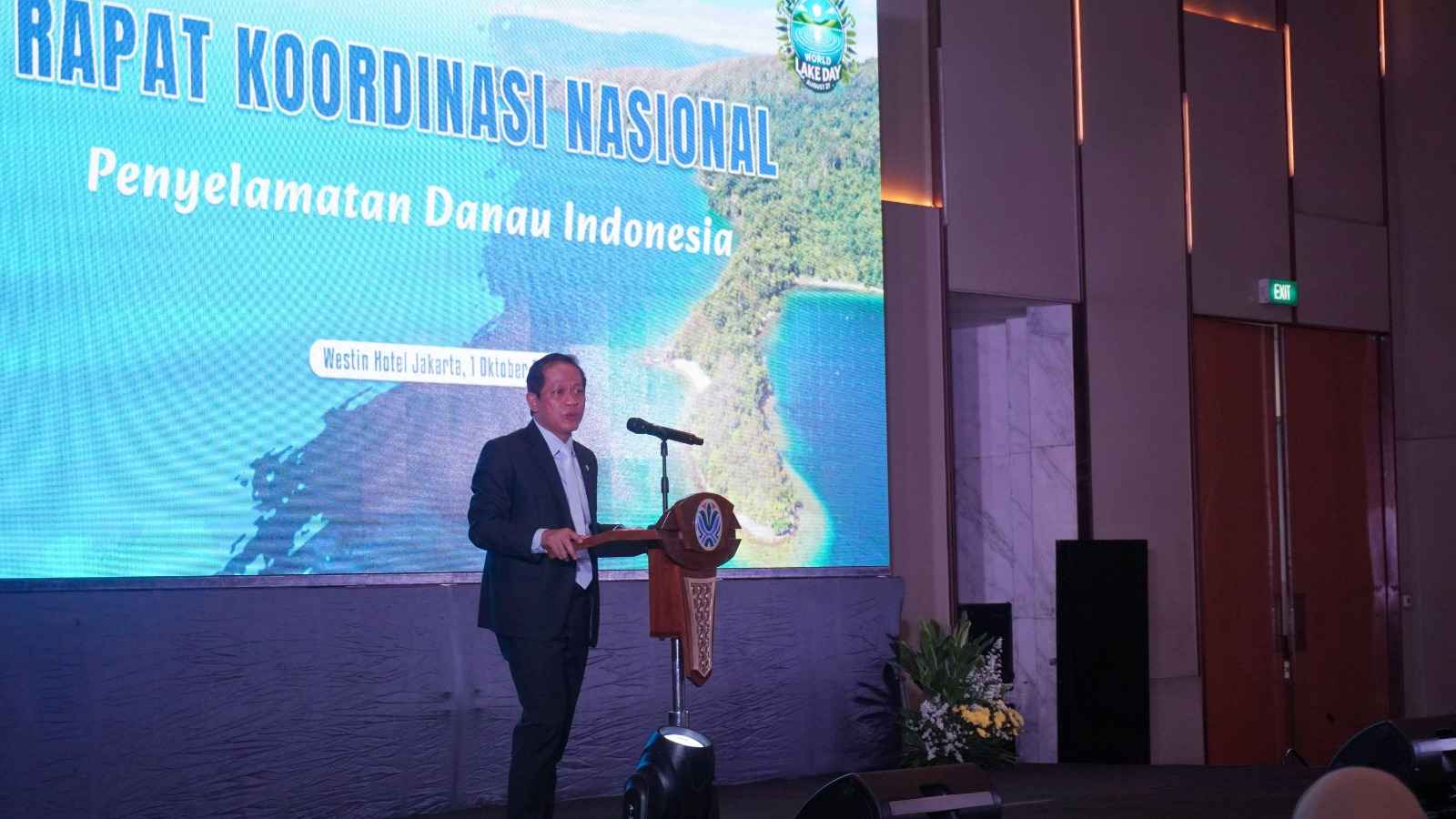Enviro News Asia, Banjarbaru – The Free Nutritious Meal (MBG) program has been warmly welcomed by students at SDN 2 Loktabat Selatan and SMPN 2 Banjarbaru. This government-initiated program, led by the National Nutrition Agency, aims to reduce malnutrition and stunting while preparing a healthy generation for Indonesia’s Golden Era in 2045.
From September 1 to 2, 2025, Hanifah Dwi Nirwana, the Expert Staff to the Minister of Environment for Inter-Institutional Relations, conducted a field visit to observe the program’s implementation. She inspected the distribution of thousands of nutritious meals daily across elementary and junior high schools, as well as the kitchens of the Nutrition Fulfillment Service Unit (SPPG).
Despite the program’s success in providing healthy meals, environmental challenges remain. Food waste is transported to temporary disposal sites without sorting, and wastewater from SPPG kitchens has not undergone quality testing before being discharged into water bodies. Although an installed wastewater treatment system exists, it remains basic and may pose environmental risks. Additionally, used cooking oil waste requires better management; while some kitchens have arrangements for collection, this issue demands broader attention.
Hanifah emphasized the urgent need to integrate nutrition efforts with environmental care. She urged schools and SPPG kitchens to start sorting waste at the source and ensure proper treatment of liquid waste. “Consistent simple waste management can keep children healthy and preserve a sustainable earth,” she stated.
In response, the Ministry of Environment and the Environmental Management Agency (BPLH) committed to providing technical assistance. Their focus includes helping schools and SPPG kitchens process organic waste into compost using methods such as Lodong Sisa Dapur (Losida) and modern Teba systems. Losida utilizes buried pipes or containers to convert kitchen waste into organic fertilizer, while the modern Teba system adapts traditional Balinese composting into a large-scale, easy-to-manage compost pit.
Furthermore, the MBG program in Banjarbaru promotes circular economy principles by transforming waste into valuable resources like compost and recycled cooking oil. This approach not only supports nutrition but also fosters a sustainable ecosystem benefiting the community.
Minister of Environment and Head of BPLH, Hanif Faisol Nurofiq, reinforced the program’s dual mission: “Nutritious food is not only a provision for our children but also a responsibility to the earth they grow on.” He called on schools, food providers, communities, and local governments to adopt the 3R principles (Reduce, Reuse, Recycle) in waste management. “Together, we can prepare a healthy golden generation while reducing landfill waste and preserving the environment,” he added.
The national program offers great hope but requires active participation from all stakeholders. It is time to support MBG not only as a nutrition initiative but also as a movement for environmental stewardship. Healthy food for children must go hand in hand with maintaining a healthy and sustainable environment. (*)




